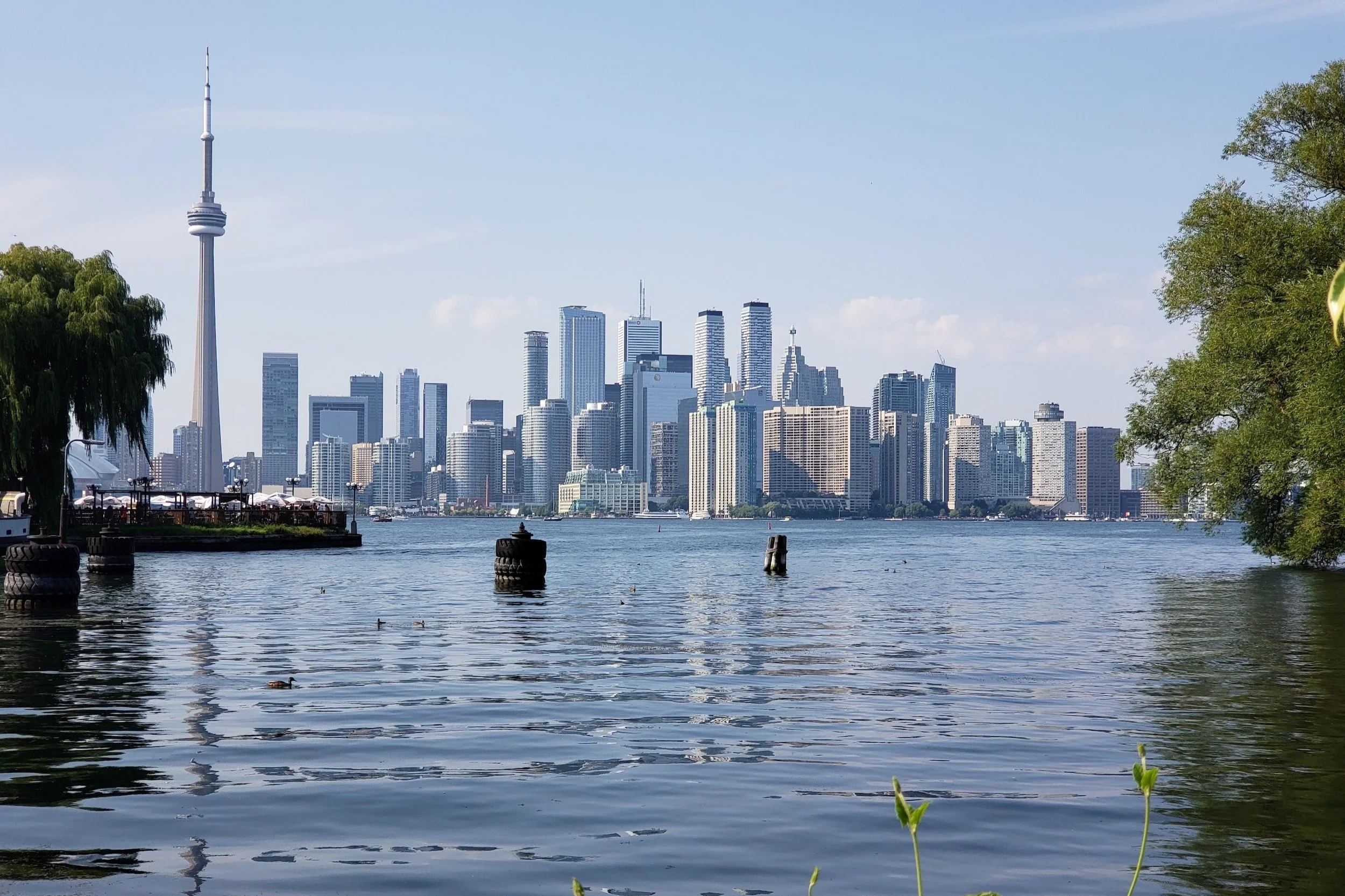Planned egg freezing (commonly known as elective egg freezing or social egg freezing) has grown by almost 15-fold in the last seven years in the United States, and the rest of the world is following suit. Since millennials are more global and internationally connected than ever before, women who are considering freezing their eggs are comparing clinics across borders. With a reduction in the cost in air travel and developing countries have been investing in their medical infrastructure, medical tourism has increased drastically.
According to the American Journal of Medicine, in 2017, more than 1.4 million Americans sought health care in a variety of countries around the world. Reproduction-focused procedures are among the top five most common procedures for medical tourism. According to Grand View Search, the global fertility tourism market is expected to grow at a rate of 30% over the next seven years.
As the demand in international egg freezing options grows, the Freeze team decided to research and simplify the cost, laws, and things to keep in mind when considering freezing your eggs abroad. While these featured countries are often the most researched by potential egg freezing patients, they aren’t your only options abroad. We’re constantly adding more countries based on interest.
With more women delaying motherhood for various reasons, egg freezing in Australia has been a popular option for many years and continues to be so with some support from the government.
Over the past four decades, Canada has experienced an increase in average childbearing age from 23.7 in 1970 to 28.5 in 2011. Egg freezing is growing prevalence in Canada.
Colombia has proven to be one of the more popular Latin American destinations for international egg freezing — over one-third of fertility patients are medical tourists.
Denmark’s culture welcomes the use of assisted reproductive technology (ART). Today, an estimated 8-10% of Danish babies are born via ART — the largest percentage in the world.
Due to the rise in assisted reproduction tourism in Greece, many global IVF networks are opening or partnering with clinics in Greece to have a presence.
Egg freezing in India is still regarded as a relatively new and innovative concept. It is done in India more for medical reasons than elective, but is slowly gaining popularity.
Egg freezing has been a popular option in Ireland for the last several years. Since 2016, egg freezing cycles have increased year on year and doubled between 2020 and 2021.
Israel has established itself as a popular location for assisted reproduction, offering Israeli citizens with unlimited procedures for up to two babies until women are 45 years old.
Egg freezing is gaining rapid popularity and becoming more accessible for Japanese citizens due to newly introduced governmental and employer subsidies.
Mexico is well known for being a popular destination for medical tourism. Elective egg freezing in Mexico has remained popular due to its lower costs compared to the United States.
With new legislation recently in effect, egg freezing is rapidly becoming a popular option in Singapore. As of July 1st 2023, egg freezing is permitted for elective reasons in Singapore for single or married women aged 21-37.
While a popular destination for Europeans seeking donor eggs, Slovakia has recently established itself as a desirable, low cost option for assisted reproductive procedures in Central Europe.
With liberal legislation, booming tourism, and low total cost of egg freezing compared to other countries, South Africa is a popular African option for women to preserve their fertility.
Spain has a longstanding history of being Europe’s most popular country for assisted reproduction and “destination IVF” due to its less-restricting laws.
Portugal is one of the more progressive European countries when it comes to egg freezing policies, considering there are no official age or marital status restrictions.
Egg freezing is becoming increasingly popular in Taiwan, driven by local government subsidies. This trend is drawing interest from individuals and couples across Asia, eager to take advantage of their progressive policies.
Not only does this region provide a relaxing tropical climate and laid back lifestyle, the area boasts world-class fertility clinics with reputable accreditations from the JCI.
Following major changes in the law and societal attitudes in the UAE, fertility clinics report that there has been a surge in women seeking information and opting to preserve their fertility over the last couple of years.
The United Kingdom is an egg freezing research authority with easily accessible and free information provided by the Human Fertilisation & Embryology Authority (HFEA).
The USA boasts a multitude of egg freezing options of reputable fertility clinics. In 2021, the number of egg freezing cycles grew by over 31% from the previous year, from 16,786 to 24,558.
The Czech Republic has proven to be an attractive economical option for women wishing to freeze their eggs in Europe. Its lower cost and close proximity to other nation’s makes it an ideal location for many.
The Freeze team hopes this Guide to Egg Freezing Around The World was helpful in outlining popular international clinic options. Freeze was not compensated by any of the clinics to be included in the report. As this is a general overview, our team encourages you to consider potential additional costs, understand the country’s best research practices, and research the quality of these clinics to make a well-informed, thoughtful decision on if, when and where you choose to freeze your eggs.
Did you freeze your eggs abroad? We’d love to hear about your experience!
Send us a note.






















